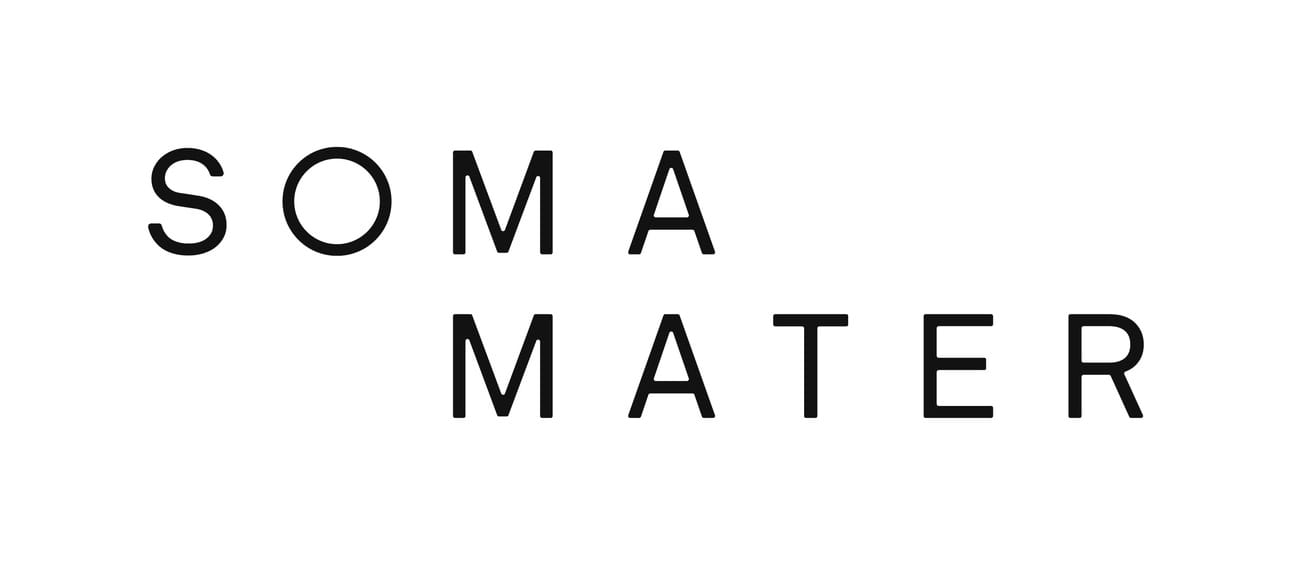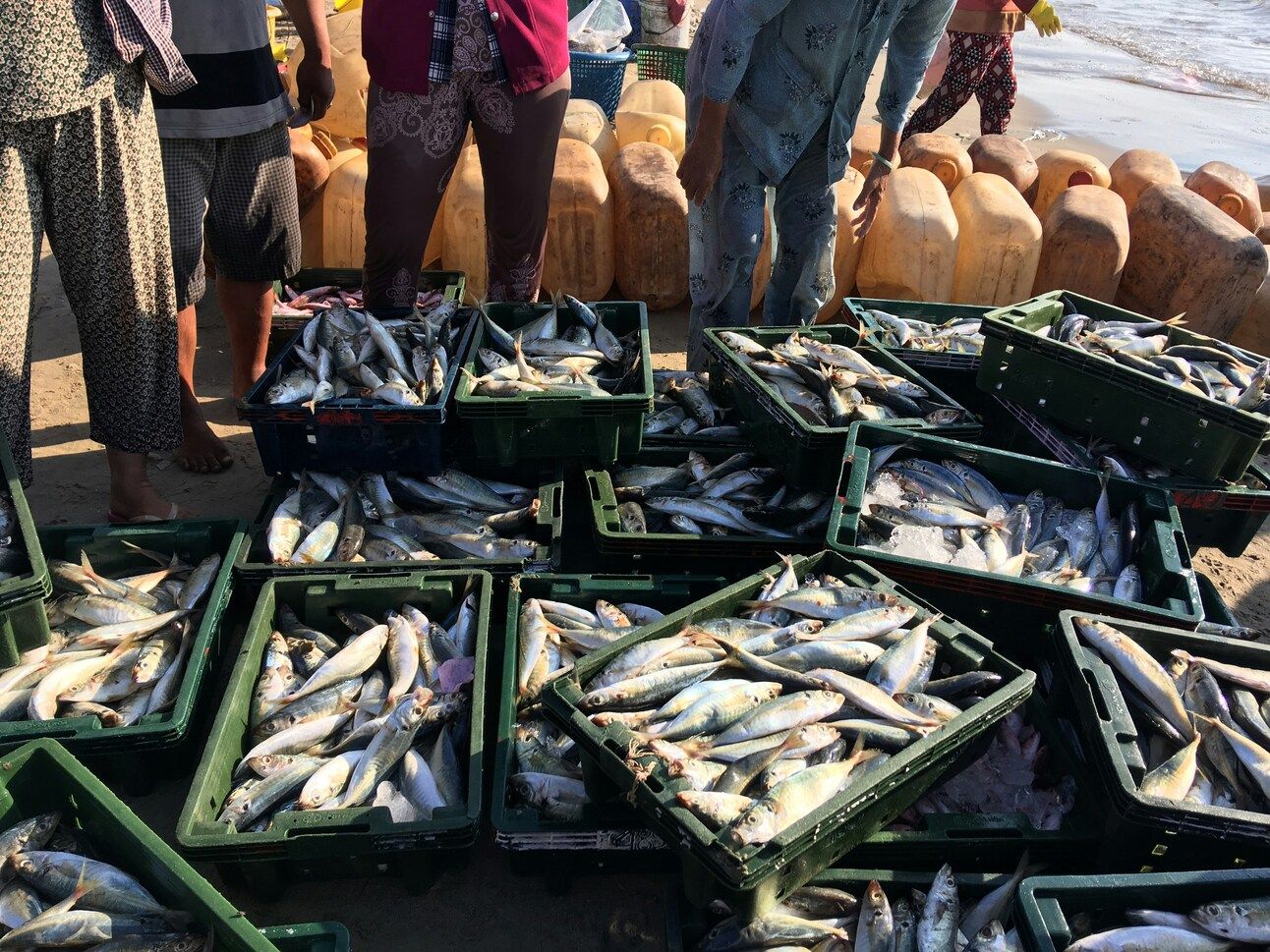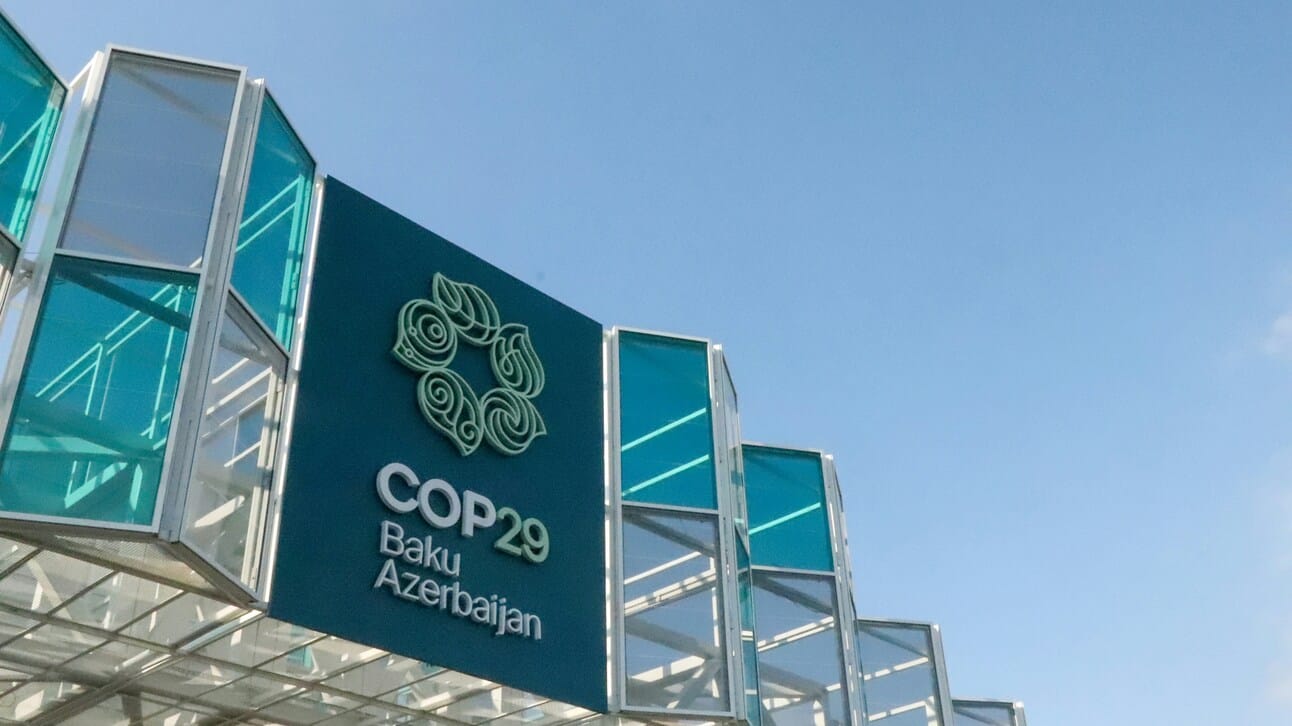- Soma Mater's Newsletter
- Posts
- SOMA MATER Weekly Newsletter
SOMA MATER Weekly Newsletter

Welcome to the SOMA MATER Weekly Newsletter.
At SOMA MATER, we specialize in delivering comprehensive research and advisory services with a focus on Food & Water Security and Net Zero Transition in the MENA Region. In order to support our subscribing clients in navigating these topics and understanding the regional narrative, we produce monthly Food and Water Security and Net Zero Transition Intelligence Reports, along with our in-depth analysis and insights.
This weekly newsletter highlights the top 3 stories from the past week in Food and Water Security and Net Zero transition, along with SOMA MATER's analysis and perspective.
What are the benefits of the UAE-Australia CEPA agreement in terms of food security and net zero transition?
What are Oman's key achievements and targets in its fisheries sector?
What have been the major energy and agriculture-related initiatives announced during the first week of COP29?
Sustainably yours,
The SOMA team
From Down Under to Desert Wonder: UAE-Australia Comprehensive Economic Partnership Agreement (CEPA)
#NetZeroTransition #FoodSecurity

(CEPA). This is considered the UAE's most liberalizing free trade agreement signed yet. It will give Australian companies better access to UAE markets for premium food and agricultural products. The deal cuts tariffs on over 99% of exports and has already removed tariffs on Australian sheep meat.
The agreement also features potential collaboration in energy and minerals. The UAE could look to Australia as a critical partner in sourcing minerals needed for its energy transition. The agreement includes a framework to promote investment in the Australian minerals sector, including the exploration and extraction of vital resources like critical minerals, which are essential for manufacturing clean energy technologies. This could be valuable as the UAE looks to secure long-term access to these materials.
The UAE's low customs tariffs, ranging from 0% to 5%, have established the country as a major trade hub. This policy has boosted the UAE's global trade position, ranking it 3rd worldwide and 1st in the Arab world for re-exporting.
SOMA’s Perspective:
The UAE-Australia CEPA is a strategic move that addresses two critical aspects of the UAE's development goals. First, it strengthens food security by providing access to Australia's food products, particularly meat, which is crucial for meeting the growing domestic demand. Second, it secures access to critical minerals essential for clean energy technologies, supporting the UAE's ambitious net-zero transition plans. The CEP Agreements are the next evolution of the UAEs trade relationships with strategic countries and expect more to be signed in the next year.
Sources:
https://www.dfat.gov.au/trade/agreements/not-yet-in-force/australia-uae-comprehensive-economic-partnership-agreement-cepa/australia-uae-cepa-key-benefits-australia#:~:text=The Australia-UAE Comprehensive Economic Partnership Agreement (CEPA) establishes,UAE for Australian service suppliers.
Hooked on Success: How Oman is Schooling the GCC in Fish Production
#FoodSecurity

Oman's fisheries sector has been advancing thanks to infrastructure upgrades, improved marketing, and strict quality control. The country runs 119 fish processing factories, 62 fish markets, and over 1,000 fish shops to serve both domestic and export demand. Due to its extensive coastline (the longest in the GCC) and favorable year-round fishing conditions, Oman stands as the only net fish exporter in the GCC, accounting for over 31% of the region's fisheries production.
In the 2024 Environmental Performance Index (EPI), Oman’s fisheries sector achieved impressive rankings, placing 17th overall, 5th in the Arab world, and 1st in the GCC. With fish production rising by 15% to 869,968 MT in 2021, Oman’s fisheries sector continues to expand rapidly, positioning itself as a regional leader.
Oman’s Ministry of Agriculture & Fisheries has set ambitious goals with a 30-year master-plan for aquaculture development, targeting 200,000 MT of farmed fish annually by 2040. This growth will contribute an estimated US$5.2 billion to Oman’s GDP. Its fisheries sector is set to play a pivotal role in strengthening regional food security and providing sustainable solutions to meet the growing demand for seafood across the GCC and beyond.
SOMA’s Perspective:
Oman’s extensive coastline and year-round fishing conditions provide a natural advantage. These advantages in combination with the government's approaches - such as quality control measures, processing facilities, and ambitious aquaculture targets - is leading to economic and food security benefits.
Sources:
COP29: Climate Cash, Energy Grids, and Artificial Intelligence in Agriculture
#NetZeroTransition

The first week of COP29 highlighted an urgent need for climate financing, with early discussions proposing solutions like solidarity levies on environmentally harmful activities. These could potentially generate $200-400 billion annually. The absence of top-level representatives from countries like China, Germany, France, India, and the U.S. also raised concerns about the global commitment.
Solutions for the energy sector took center stage at the conference. The presidency launched the Global Energy Storage and Grids Pledge, which aims for a sixfold increase in global energy storage capacity and 25 million kilometers of grid infrastructure by 2030. The Hydrogen Action Declaration was also introduced to boost green hydrogen production through demand creation, standards, and sustainability measures. The UAE also announced the establishment of the Global Energy Efficiency Alliance, targeting an annual doubling of energy efficiency rates by 2030.
The UAE also revealed its development of "CHAG" (Chat + Ag), the world's first ChatGPT tool specifically designed for the agricultural community. Now known as “AgriLMM”, it will leverage 50+ years of research data to provide actionable insights for farmers rather than general forecasts. The tool is designed to be fully accessible, marking a significant step forward in applying AI to agricultural development.
SOMA’s Perspective:
The launch of AgriLLM aligns with the the UAE continued deployment of AI in all its strategies and initiatives. The impact of AI has yet to be seen in the agriculture sector, however the possibility of data collection looks high. The first challenge will be the ease of use by local farmers with the interface.
Sources:
SOMA MATER is writing Intelligence Reports on the topics of Food and Water Security and Net Zero Transition. If you’d like to know more, contact us through the link below: